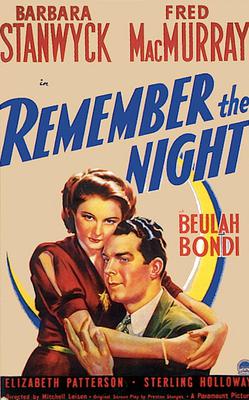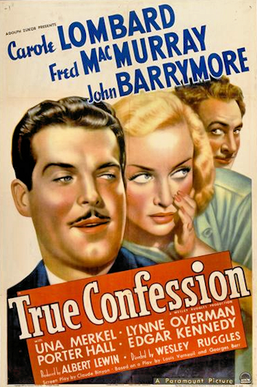 |
| Kim Novak in Pushover |
Pushover is a noirish cops-and-robbers movie that gave Kim Novak her first big role -- the only reason some people remember it. But it's a good deal better than that bit of trivia would suggest -- a well-paced, well-acted film that begins with a skillfully directed bank robbery, played entirely without dialogue. Then it cuts to mink-clad Lona McLane (Novak) coming out of a movie theater -- Pushover was made for Columbia, so the posters and marquee titles are those of 1954 Columbia releases. She finds that her car won't start, but a guy (Fred MacMurray) offers to help, then takes her back to his apartment while it's being repaired. They hit it off immediately and begin an ongoing affair. It turns out that their meeting is a set-up: The guy, Paul Sheridan, is a cop, and Lona is the mistress of one of the bank robbers, Harry Wheeler (Paul Richards), who killed a bank guard making his getaway. Sheridan is part of a team staking out Lona's apartment -- which they can see into from another apartment across a courtyard -- in expectation that she'll make contact with Wheeler. But Sheridan is a bad cop, and he soon enlists Lona in a plot to double-cross Wheeler and take the loot from the robbery. It's this dual role -- cop and robber -- that generates much of the film's suspense, as things go wrong, one by one, with their plans and Sheridan has to keep coming up with alternate plans to foil the cops with whom he is supposed to be working. One of the complications involves the occupant of the apartment next to Lona's, a nurse, Ann Stewart (Dorothy Malone), whom Sheridan's partner, Rick McAllister (Philip Carey), begins watching through his binoculars more avidly than he does the real object of the surveillance. The voyeurism in Pushover is reminiscent of Hitchcock, and though that master might have made a richer film of the material, Richard Quine does a good job of it.



